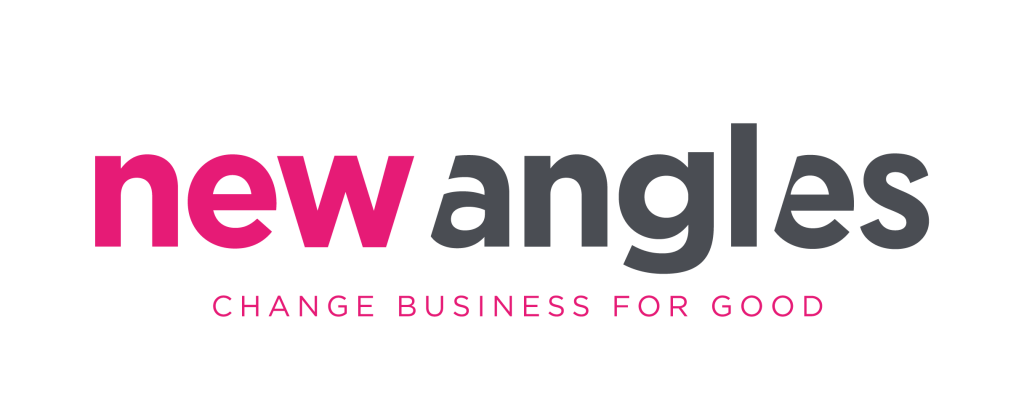The New Angles Systems Change Blog
Systems change can be a messy business, non-linear, and complex…
Systems change in YOUR business?
Interdependence. Change in a small element that leads to a shift in the entire system. Unexpected consequences from completely different areas.
Thinking about a company as an ecosystem. Do these systemic elements sound familiar in your work towards positive impact? New Angles invests time in learning about the many kinds of systemic interventions and adapts them to the situation and our clients’ needs. In our blog and articles, we share with you the richness of systems thinking. Together with our coach-consultants in systems change, we develop simple tools to put our learning at the disposal of the change leaders with whom we work. So what is systemic thinking all about?
Systems change : our latest posts
Systemic consequences of human economic consumption
One of the co-authors of the Club of Rome report Limits to Growth, first published in 1972 then updated in 2009, was Donella (Dana) Meadows, a specialist in how living systems function and how to act on them. With her husband Dennis and modeller Jay Forrester she proposed a simplified model of earth systems and human systems, and their physical interconnections. That model, called World 3, predicted the systemic consequences of the trajectory of human economic consumption and production. It demonstrated that we would encounter natural limits to physical growth in the human economy, given the trends in global population and intensity of per capita resource consumption. 50 years later we now find ourselves living those consequences.
Levels of intervention in a living system
Dana Meadows observed that attempts to find solutions to systemic problems often focus on the quantifiable outputs or products of the system, visible at the system’s surface. If a sea is being overfished, we set fishery quotas and try to enforce them. This may only shift the problem elsewhere, perhaps to another part of the sea. Under the surface the less visible levels of the system continue to operate. Dana identified as many as 12 levels of intervention in any living system.
For example, let’s say fishing quotas sit on level 12. Right at the top (levels 2 and 1) we find the most effective levels to act on, by changing human paradigms – how we see the world and our relation to it. But the levers for changing how people see the world are often difficult to reach. On the intermediary levels between the extremes are phenomena such as stocks, flows, amplifying loops, damping loops, delays, power dynamics, goal setting, etc. Her message is that we need to take account of the invisible connections and levers that drive the functioning of our system before we decide on our strategy for changing what it produces.
From analysis to interdependence: 2 complementary systems change approaches
Evolutionary systems thinkers such as Gregory Bateson and his daughter Nora agree with Dana and her colleagues about the importance and the invisibility of the inner workings of living systems. But they propose a more biological, more evolutionary approach when making hypotheses about how systemic change comes about. Rather than analyzing how the levers and drivers fit together, as in a complex mechanical system like a Swiss watch, they emphasise the embeddedness and interdependence between the components, how a change in a small element close to us will change all elements in the system and unexpected consequences may emerge in a completely different area – a bit like Lorenz’s butterfly creating a typhoon. This appreciation of systems is more mysterious, more intuitive, and emphasizes the need to find ways to listen to the system and be open to data emerging from it, at a deep level.
New Angles is open to using both kinds of systemic intervention, depending on the situation and the client need. As you can see in our blogs and articles, we invest time in learning about the many kinds of systems interventions in all their richness, we train our coach-consultants in systems change, and we develop simple tools to put our learning at the disposal of the change leaders with whom we work.
For real and lasting systemic change, discover our services.
Choose your starting point…
Building your roadmap to Regenerative Impact
This programme helps you create a collective dynamic, accelerating your transition to a desirable future for your company and your employees.
Equipping your leaders to integrate Regenerative Impact
This training course provides the necessary tools for managers and Executive Committees who want to transform their day-to-day business and move their company towards regenerative impact models.
Supporting your Regenerative Impact innovations
This programme is a prototyping opportunity, tailor-made with your innovation teams engaged in developing new business models, partnerships and solutions.






